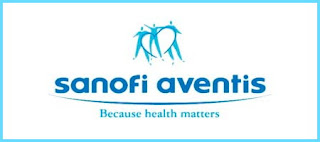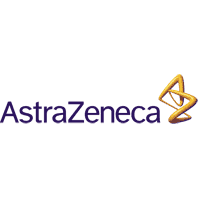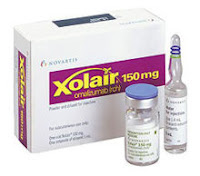Ticagrelor : New hope for heart attack patients

A major drug trial has brought scientists closer to making a drug that could prevent thousands of deaths from heart attacks.
From the past six years, international clinical trials have been going on a new drug, ticagrelor.
The new findings have revealed that the platelet function in patients taking ticagrelor recovered much quicker after the drug is stopped, compared to the current gold standard drug, clopidogrel.
This study has also confirmed that breathlessness occurs as a side effect of ticagrelor but this is not associated with any harmful effects on lung or heart function.
The findings also include a new analysis of a previous trial looking at ticagrelor.
This new examination of the Plato trial, which was completed last year, showed that ticagrelor prevents 1 in 5 deaths after a heart attack, and patients who develop the adverse effect of breathlessness with ticagrelor still benefit from a lower risk of death compared to patients treated with clopidogrel for one year following a heart attack.
This has also confirmed that patients treated with clopidogrel, who have a genetic variant that reduces the effect of this drug have a slightly higher risk following heart attack but ticagrelor is not affected by this variant and is still more effective than clopidogrel, regardless of a patient's genetic make-up.
The study has previously shown for every 1,000 patients treated for one year with ticagrelor instead of clopidogrel, there would be 14 fewer deaths or 11 fewer heart attacks without an increase in bleeding problems.
"The latest results on ticagrelor reinforce the positive data from the PLATO trial and suggest that ticagrelor has the potential to improve the quality of care and save many lives in the year following a heart attack, regardless of adverse effects or genetic differences in the response to clopidogrel," said Robert Storey of the University of Sheffield.
The latest findings were presented at the European Society of Cardiology (ESC) Congress 2010 and appeared in the Lancet.
read more» Read more...



























